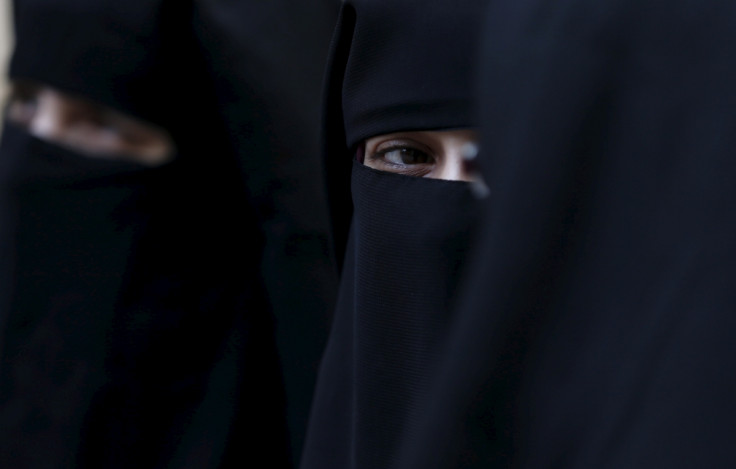US military white paper says hijab contributing to 'passive terrorism'

Hijab, the headscarf worn by Muslim women, is contributing to "passive terrorism", according to a US military white paper. The claim has been made in one of the chapters of the white paper called A Strategic Plan to Defeat Radical Islam.
The author of the chapter, Dr Tawfik Hamid, a self-proclaimed former Islamic extremist and senior fellow at the Potomac Institute for Policy Studies in Washington DC, has said that the hijab reflects a refusal to stand up to terrorism. Hamid also said that "sexual deprivation" among men is leading them to join terrorist groups.
"I believe young Muslims are motivated to join radical groups because of sexual deprivation," Hamid writes. "Addressing the factors causing deprivation in this life can interrupt the radicalisation process and reduce the number of suicide attacks by jihadists."
"When I talk about the hijab, I don't mean individuals," Hamid told Quartz. "An individual wearing the hijab can be the best person ever," he added. When asked how he can differentiate between a peaceful and a hijab-wearing woman, Hamid said: "Cigarette smoking contributes to the development of lung cancer, but not every single cigarette smoker will develop lung cancer. The contribution to something in medicine does not mean it's the only factor."
Arun Kundnani, a lecturer on terrorism studies at New York University, dismissed this theory.
"This characterisation of the hijab demonises millions of women whose reasons for covering have nothing to do with the advocacy of political violence," he said.
"The document as a whole includes some scholars who are serious researchers. However, it appears the purpose of this chapter by Hamid is not a genuine investigation of the roots of violence, but rather an attempt to supply national security agencies with bogus surveillance rubrics," he added.
The white paper titled Countering Violent Extremism: Scientific Methods & Strategies issued by the Air Force Research Laboratory, was first published in 2011 and was reissued in July 2015. The white paper is made up of articles from numerous academics and researchers in the field of counterterrorism. According to The Intercept, the original version of the white paper was cited by the Federal Bureau of Investigation (FBI) in the framing of its own anti-extremism strategy in 2014.
© Copyright IBTimes 2025. All rights reserved.





















